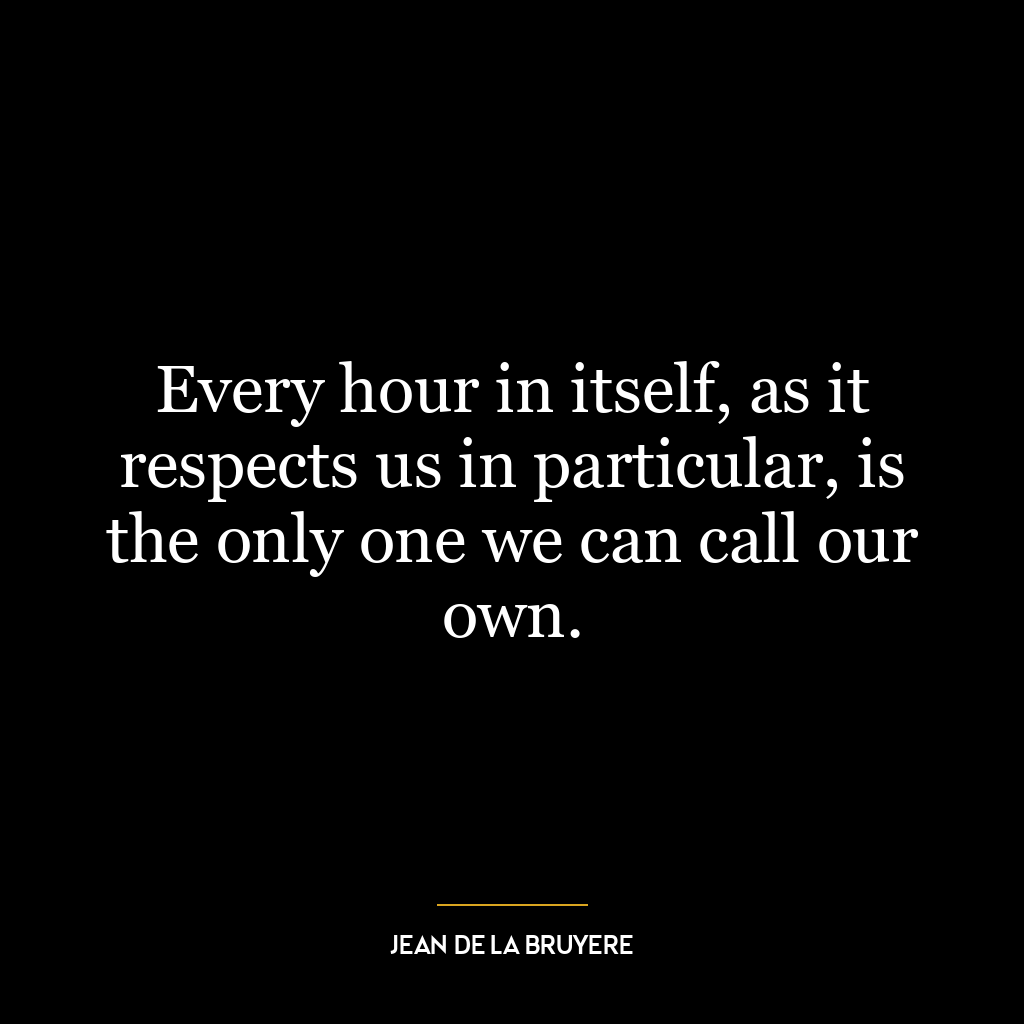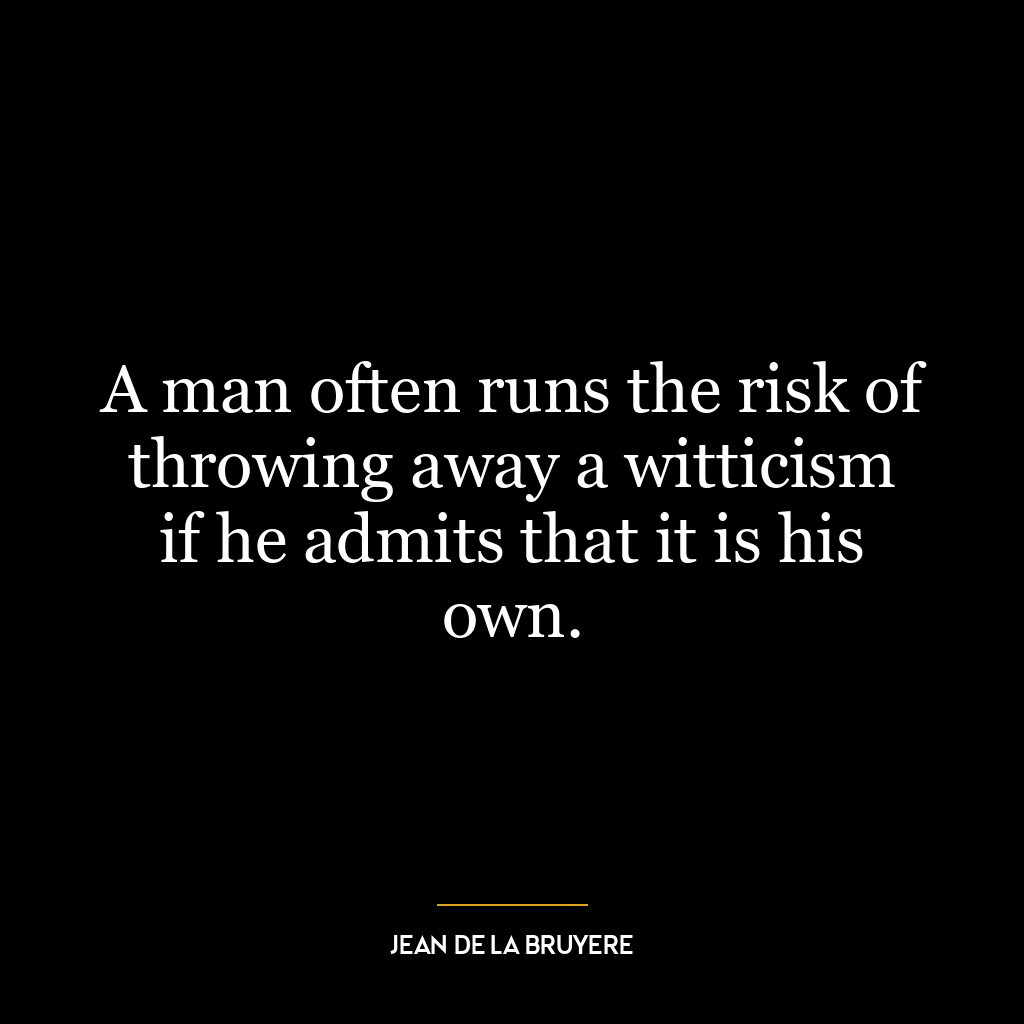You ought to let the Jews have Jerusalem; it is they who made it famous.
The quote “You ought to let the Jews have Jerusalem; it is they who made it famous” is an interesting perspective on the ongoing debate surrounding the rights to Jerusalem, a city that holds immense religious significance to Jews, Muslims, and Christians alike. The speaker is suggesting that the Jews should have the right to claim Jerusalem because they are the ones who made it famous, presumably through their historical and religious ties to the city.
This statement is based on the idea that the entity or group that contributes significantly to the reputation or value of a place, object, or concept should have the right to possess or claim it. It’s a perspective that values contribution and influence as a basis for entitlement or ownership.
In the context of today’s world, this idea can be applied to various scenarios. For instance, in the corporate world, if an employee significantly contributes to a project’s success, they might feel entitled to a larger share of the credit or rewards. Similarly, in the world of arts and culture, an artist who has played a major role in popularizing a certain style or genre might feel they deserve recognition or ownership over that style.
On a personal development level, this quote could inspire individuals to understand the value of their contributions and to claim ownership of their achievements. It encourages people to take pride in their work and to stand up for their rights when their efforts have led to success or recognition. At the same time, it also challenges individuals to consider the impact of their actions and how they contribute to the world around them.
However, it’s important to note that while this viewpoint values contribution and influence, it also raises questions about the complexities of ownership and entitlement. Just because someone has popularized or brought attention to something, does it mean they have the sole right to claim it? This is a question that remains relevant in many areas of life today, from intellectual property rights to cultural heritage debates.
In conclusion, this quote offers a perspective on entitlement and ownership based on contribution and influence, while also inviting us to consider the complexities and nuances of these concepts.















